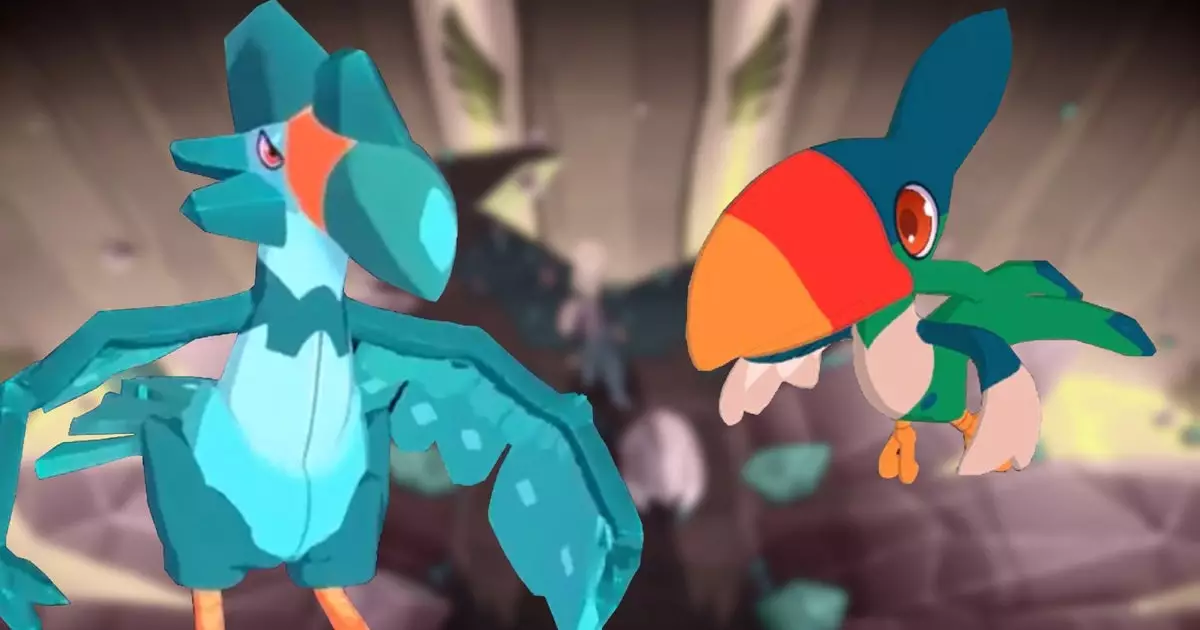The indie game industry is a realm marked by creativity, innovation, and, unfortunately, volatility. Recent developments have highlighted the fragility of indie publishers in the face of economic challenges. In July, Ziff Davis, the parent company of Rock Paper Shotgun, enacted significant layoffs within Humble Games, eliminating all 36 positions. This decision was framed as a response to tough economic conditions for the indie gaming sector. However, rather than signaling the end for those affected by these layoffs, it became the catalyst for new beginnings.
Good Games Group: A New Beacon for Indie Developers
With the departure from Humble Games, former general manager Alan Patmore and global publishing VP Mark Nash have taken the bold step of founding Good Games Group (GGG). This new indie publisher will continue partnerships with many of the developers familiar from their past successes at Humble. This continuity not only provides stability for these developers but also demonstrates the resilience of the indie game community. As Patmore articulates on GGG’s website, their association with Ziff Davis allows them to maintain ties with renowned indie developers while paving a new path forward—one that acknowledges past affiliations and aims for fresh achievements.
Despite the optimism surrounding the establishment of Good Games Group, the fallout from Humble’s restructuring cannot be overlooked. Reports indicated that third-party consultancy Powell Group would take over remaining projects from Humble, but the clarity around this transition remains murky. A deeper examination of the current state of these projects reveals that several titles like Carto, Temtem, and Midnight Fight Express have reappeared on the GGG website, suggesting an evolving relationship rather than a complete severing of ties.
The decision to restructure Humble Games has sparked widespread concern within the indie development community. Many developers voiced their dismay at the news, revealing a broader pattern of uncertainty among indie studios reliant on the support and resources provided by publishers. Statements from developers who collaborated with Humble, such as those behind the game Signalis, highlight the human aspect of such corporate decisions—real people are affected, careers disrupted, and futures made uncertain.
As the landscape of indie game publishing continues to shift, the emergence of Good Games Group may be more than just a footnote in corporate restructuring; it could represent a turning point. While the challenges faced by indie publishers are profound, the establishment of new entities like GGG brings hope for continued collaboration and growth in the sector. With persistence, innovation, and an unwavering spirit of community, it is possible that the indie gaming scene will not only survive the current economic trials but also thrive.
The recent upheaval serves as a reminder that the indie game landscape is fraught with uncertainty, but through resilience and adaptability, both publishers and developers can forge new paths. During these turbulent times, the industry can draw strength from alliances and the creativity that first set the stage for indie gaming’s success.

